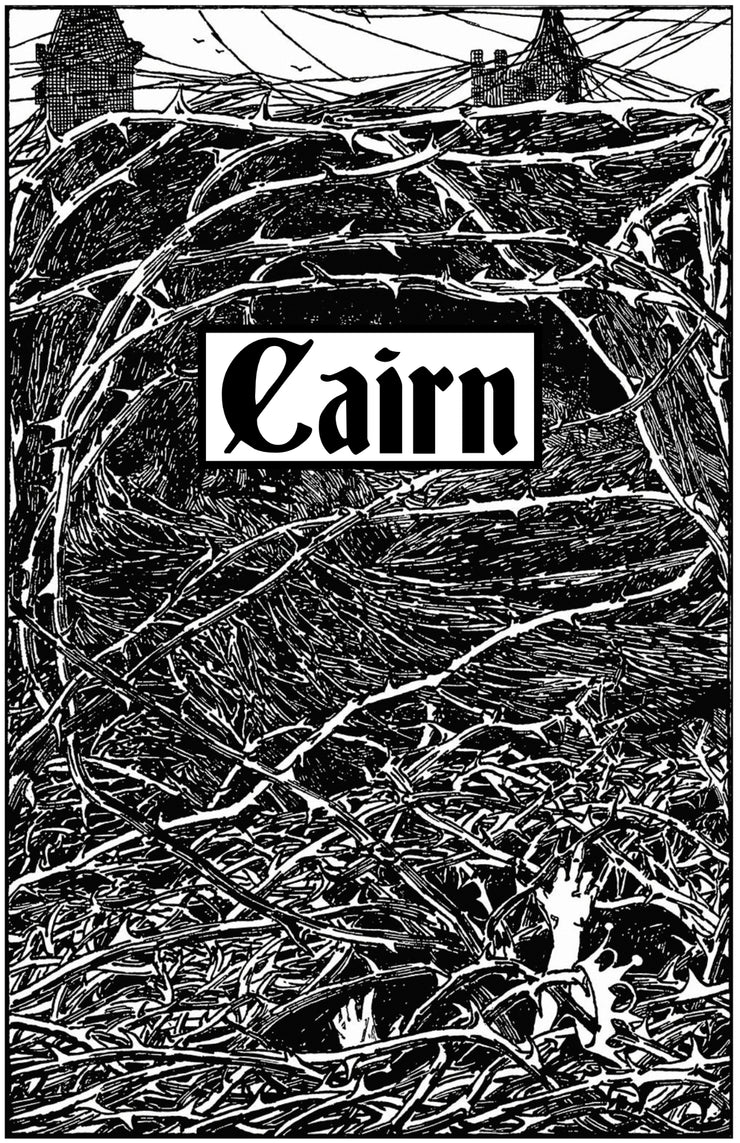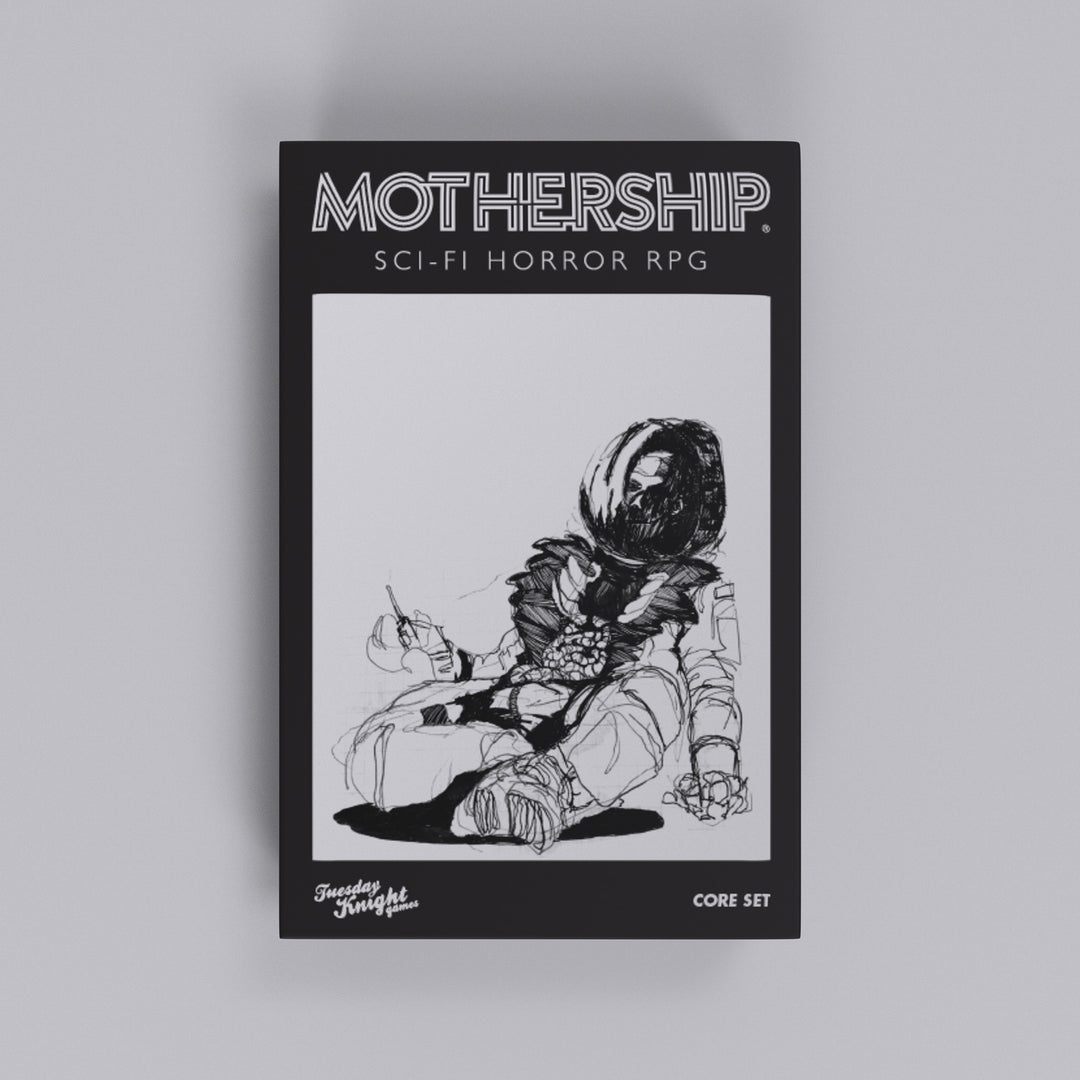Trophy Dark Fantasy; Bleak; Exploration-Driven; Resource Management; Innovative Mechanics; Rules Lite; Solo Play
Trophy is a tabletop roleplaying game focused on dark fantasy and tragic treasure hunting. Trophy Dark offers a one-shot, rules-light experience emphasizing horror and loss, while Trophy Gold expands upon this for campaign play. The setting is further detailed in Trophy Loom, a system-agnostic supplement for worldbuilding. Gameplay revolves around 'Risk Rolls' and the accumulation of 'Ruin,' driving characters towards inevitable doom in a forest that actively opposes them. It is designed for players who enjoy narrative-driven experiences, psychological horror, and the acceptance of failure.
Theme and Setting
Trophy plunges players into a dark fantasy world where treasure-hunting expeditions are doomed from the start. The setting is a haunted forest, an actively hostile environment woven with rumor, history, and myth. Unlike traditional fantasy RPGs with heroic adventurers, Trophy emphasizes tragic ends and the psychological toll of greed and desperation. The world's lore is further expanded upon in Trophy Loom, which provides tools for creating unique, dark fantasy settings compatible with the Trophy system. The game deliberately subverts traditional treasure-hunting tropes, suggesting that any riches obtained will come at an unbearable cost.
Core Mechanics and Rules
Trophy stands out with its rules-light system, prioritizing narrative over complex mechanics. The core mechanic revolves around Risk Rolls, where players assemble a dice pool (usually d6s) to determine success. Extra dice can be earned through skills, equipment, or Devil's bargains, but risking your mind or body adds dark dice, increasing the chance of accumulating Ruin. The resolution is straightforward: 1-3 is a failure, 4-5 is a success with a complication, and 6 is a total success. A defining aspect is the absence of hit points or experience points. Instead, characters accumulate Ruin, which represents physical and mental harm. Reaching 6 Ruin results in the character's demise or transformation into something monstrous. There's no initiative, no waiting for your turn during combat. Combat is fast and fluid, with choices and decisions but can be expanded to add complexity.
What Makes it Unique
Several elements distinguish Trophy from other tabletop RPGs. Its emphasis on collaborative storytelling allows players to shape the narrative and contribute to the horrors they face. The absence of traditional character progression and the inevitability of ruin create a sense of tension and fatalism. The game's design encourages players to focus on the journey and the psychological impact of their choices, rather than on achieving victory. In Trophy Dark, scenarios are structured around 'Incursions', typically set in the haunted forest. These incursions are broken into 5 stages called rings which feature different terrors and temptations. Each incursion starts with warnings, giving a glimpse of the horrors within. The scenarios are usually less than six pages, and come stuffed with horrifyingly graphic events, motifs, and encounters. The system for creating characters through evocative generation tables, provides backgrounds and drives to create unique characters.
Target Audience and Player Experience
Trophy appeals to players who enjoy horror, dark fantasy, and narrative-driven experiences. It's particularly well-suited for those who appreciate psychological horror and are comfortable with the idea of character death or corruption. Trophy Dark's one-shot format makes it ideal for short, intense gaming sessions, while Trophy Gold caters to groups seeking longer campaigns within the same dark setting. The game's collaborative nature requires players to be engaged and willing to contribute to the story. Players should also be prepared to face difficult choices and accept the consequences of their actions, as Trophy emphasizes the tragic nature of treasure-hunting in a world that actively opposes them. It is a game you definitely play to lose, but you will find a compelling and scary tale along the way.



